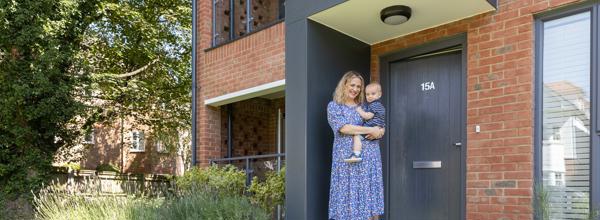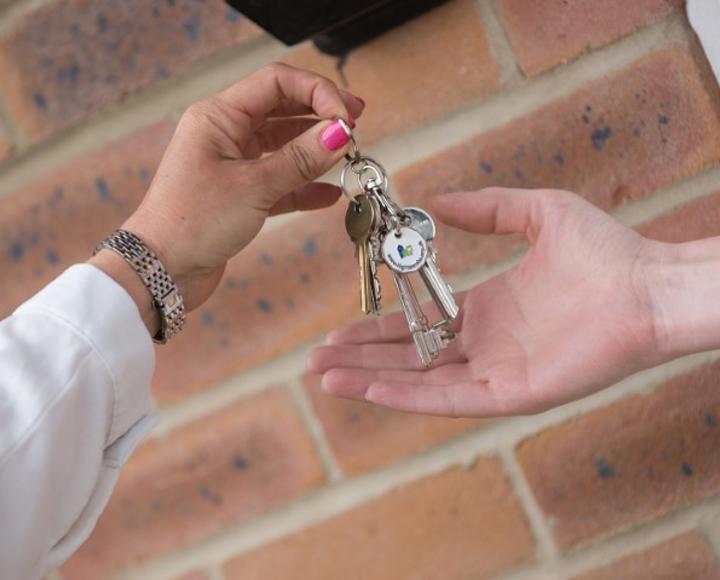Tenancy fraud is a serious breach of tenancy and is a criminal offence.
Tenancy fraud includes:
-
Subletting – when a tenant rents their home to someone else.
-
Giving wrong information to get housing – when a person applying for housing knowingly gives false information to get housing. For example to get a social housing tenancy, to claim succession on an existing tenancy, or to use the right to acquire process
-
Abandonment – when a tenant stops living in their home and leaves it, but does not tell us and does not legally end their tenancy agreement
Tenancy fraud prevents properties from being available for people who are in real need of housing.
If you have any concerns about any type of tenancy fraud, please let get in touch.
-
Email: fraud@hightownha.org.uk
-
Call 01442 292 300 and ask to speak to the Housing team
-
Send a message via the website
-
Text us on 07768 286694
-
Report your concerns on MyHightown account.
Any information you give us will be treated in the strictest confidence. The more information you provide, the better chance we have of tackling the issue.
Hightown takes tenancy fraud seriously. Hightown carries out tenancy audits, which are unannounced visits. These have helped to identify cases of tenancy fraud, as well as get up to date information from residents. We have a variety of ways that we investigate tenancy fraud, and we may speak to local residents and the Local Authority to gather further information or evidence. We are committed to taking legal action where appropriate, including applying for possession of a property and working with the Local Authority to pursue a criminal conviction.
Tenancy fraud is a serious breach of tenancy and can result in eviction. It may also impact your ability to access social housing in the future.
The penalties for a criminal conviction for Tenancy fraud include up to two years in prison, a fine of up to £50,000, and an unlawful profit order.
-

My home
Everything you need to know about repairing and maintaining your home, paying your rent, service charges, and your tenancy agreement or lease.




